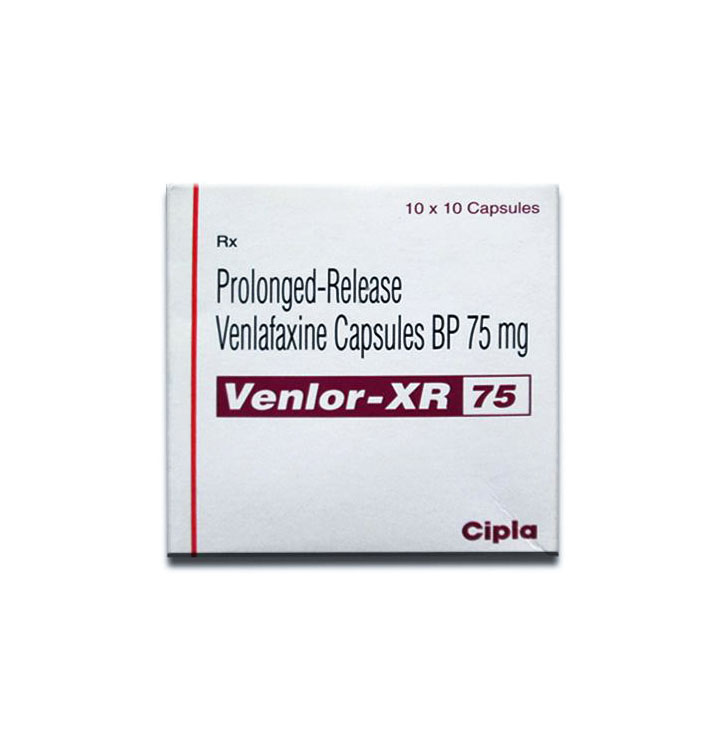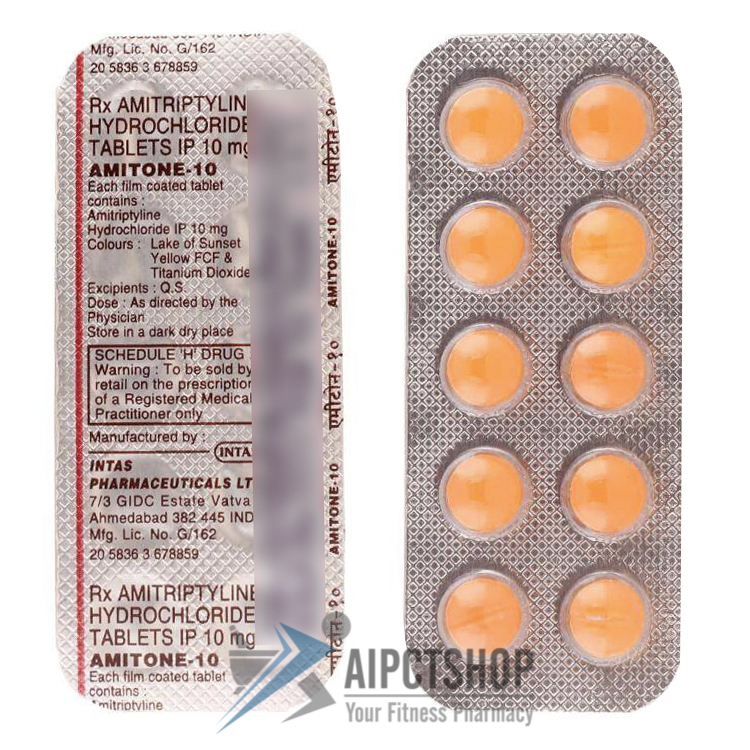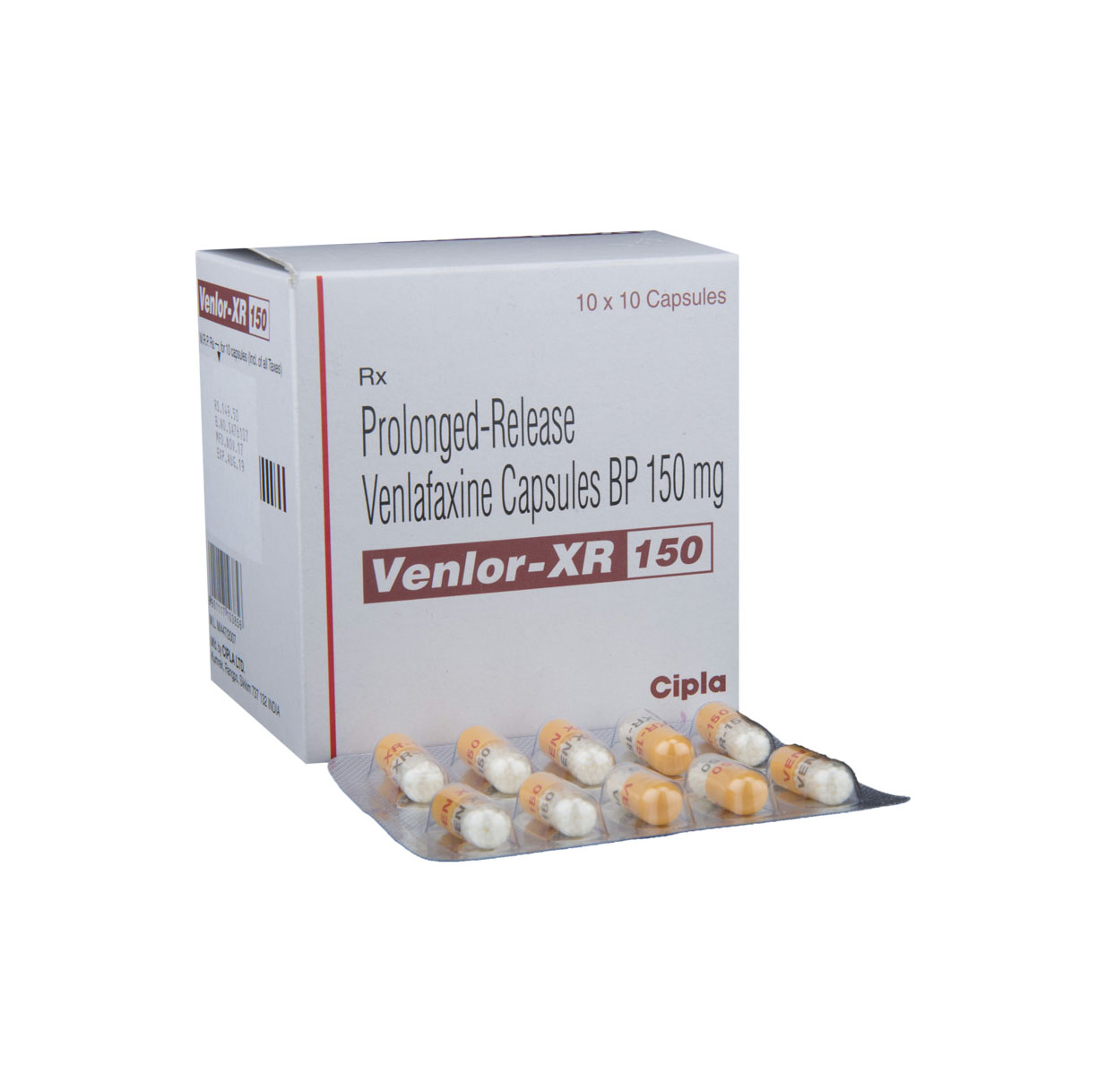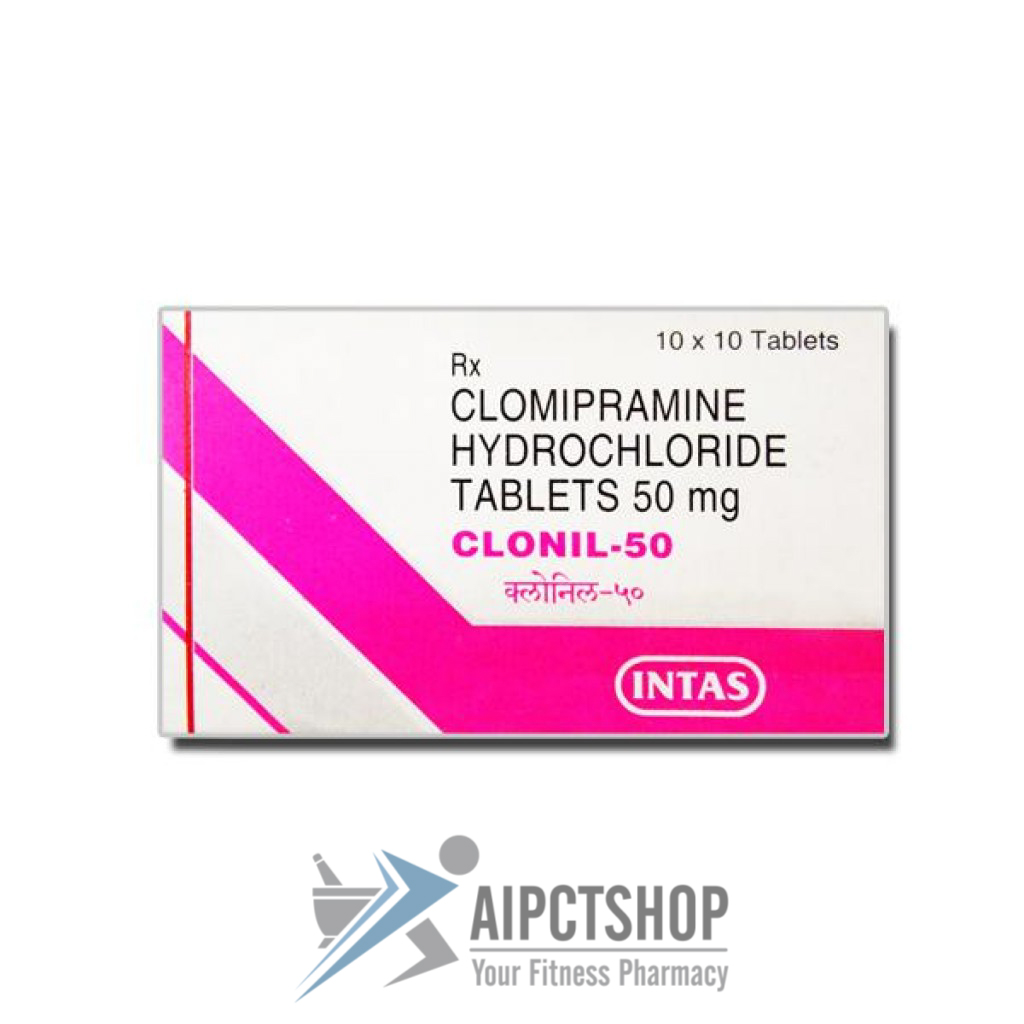Subtotal: $72.25
Venlafaxine Information
Pronunciation
ven la FAX een
What is this drug used for?
• It is used to treat low mood (depression).
• It is used to treat anxiety.
• It is used to treat panic attacks.
• It may be given to you for other reasons. Talk with the doctor.
Frequently reported side effects of this drug
• Trouble sleeping
• Weight loss
• Anxiety
• Lack of appetite
• Loss of strength and energy
• Fatigue
• Tremors
• Constipation
• Sweating a lot
• Nausea
• Passing gas
• Dry mouth
• Nightmares
• Yawning
Other side effects of this drug: Talk with your doctor right away if you have any of these signs of:
• Depression like thoughts of suicide, anxiety, emotional instability, or confusion.
• Low sodium like headache, difficulty focusing, trouble with memory, confusion, weakness, seizures, or change in balance.
• Bleeding like vomiting blood or vomit that looks like coffee grounds; coughing up blood; blood in the urine; black, red, or tarry stools; bleeding from the gums; abnormal vaginal bleeding; bruises without a reason or that get bigger; or any severe or persistent bleeding.
• Passing out
• Vision changes
• Eye pain
• Eye irritation
• Eye edema
• Agitation
• Irritability
• Panic attacks
• Mood changes
• Behavioral changes
• Severe headaches
• Severe dizziness
• Seizures
• Chest pain
• Shortness of breath
• Decreased sex drive
• Sexual dysfunction
• Cough
• Bone pain
• Serotonin syndrome like dizziness, severe headache, agitation, sensing things that seem real but are not, fast heartbeat, abnormal heartbeat, flushing, tremors, sweating a lot, change in balance, severe nausea, or severe diarrhea.
• Signs of a significant reaction like wheezing; chest tightness; fever; itching; bad cough; blue skin color; seizures; or swelling of face, lips, tongue, or throat.
Medication Safety Issues
Sound-alike/look-alike issues:
Effexor may be confused with Effexor XR
Effexor XR may be confused with Enablex
Venlafaxine may be confused with Venclexta, venetoclax
Geriatric patients: High-risk medication:
Beers Criteria: Serotonin/Norepinephrine Reuptake Inhibitors (SNRIs) are identified in the Beers Criteria as potentially inappropriate medications to be used with caution in patients 65 years and older due to its potential to cause or exacerbate syndrome of inappropriate antidiuretic hormone secretion (SIADH) or hyponatremia; monitor sodium concentration closely when initiating or adjusting the dose in older adults (Beers Criteria [AGS 2019]).
Storage and Stability
Immediate-release tablets and extended-release capsules: Store at 20°C to 25°C (68°F to 77°F).
Extended-release tablets: Store at 25°C (77°F); excursions permitted between 15°C and 30°C (59°F and 86°F). Protect from moisture and humidity.
Adverse Reactions
Cardiovascular: Hypertension, hypotension, increased blood pressure, increased pulse, orthostatic hypotension, syncope, tachycardia, vasodilation
Central nervous system: Abnormal dreams, agitation, akathisia, anorgasmia, apathy, chills, confusion, depersonalization, dizziness, drowsiness, hallucination, hypertonia, insomnia, manic reaction, myoclonus, nervousness, paresthesia, seizure, suicidal ideation, yawning
Dermatologic: Alopecia, diaphoresis, ecchymoses, pruritus, skin photosensitivity, skin rash, urticaria
Endocrine & metabolic: Decreased libido, hypercholesterolemia, hypermenorrhea, increased serum triglycerides, orgasm abnormal (men), weight gain, weight loss
Gastrointestinal: Anorexia, bruxism, constipation, diarrhea, dysgeusia, gastrointestinal hemorrhage, nausea, vomiting, xerostomia
Genitourinary: Abnormal uterine bleeding, ejaculatory disorder, impotence, urinary frequency, urinary incontinence, urinary retention, urination disorder
Hematologic & oncologic: Hematoma, petechia
Neuromuscular & skeletal: Tremor, weakness
Ophthalmic: Accommodation disturbance, mydriasis, visual disturbance
Otic: Tinnitus
Respiratory: Epistaxis –

 Lipicard (TRICOR)200Mg – 100 tablet
Lipicard (TRICOR)200Mg – 100 tablet 







Reviews
There are no reviews yet.